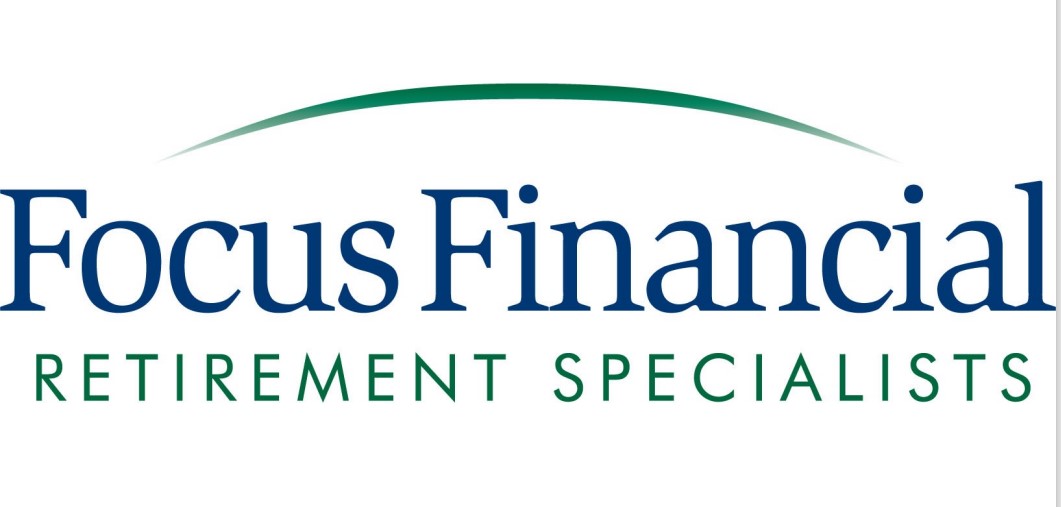8 Tips for Tidying Up Your Personal Finances.
Spring cleaning doesnít just mean dusting off those bookshelves in your living room (which, by the way, probably havenít been dusted since you moved in) or vacuuming cobwebs off your ceilings (always great fun). Spring cleaning can also mean tidying up your finances. Here are eight tips to get you started.
1. Check your withholding
It’s great if you received a big tax refund this year, but it just means you gave Uncle Sam an interest-free loan out of your paychecks throughout the year. You may want to consider reducing the amount your employer is withholding from your paycheck. If you’re not sure what to do, check with a Certified Public Accountant or other tax professional for guidance.
2. Check your debts
Getting a handle on your debts, how much interest you’re paying, and when payments are due is a worthy exercise at any time of the year. Search for ways to reduce the interest rate you pay on loans and credit cards. Look for opportunities to consolidate debt if it makes financial sense — and put in place a system to avoid late payments.
3. Review automated payments
Many people have recurring payments that are automatically deducted from financial accounts. Review those payments, canceling those for products and services that are no longer used — such as gym memberships, streaming services or apps with programs you rarely watch.
4. Shop around
If it’s been awhile since you shopped around for better rates on your car insurance, cable, cell phone plan or other recurring items, now is a good time. You should be shopping for better rates at least once a year to ensure you’re not overpaying
for services.
5. Document everything
Financial planners recommend documenting all your accounts, bills, and service provider contact information. You and your loved ones will be happy to have all important information together if there is an emergency or in the unfortunate event of someone passing away. “The Family Information Organizer: Your Planner for any Emergency, Disaster, or Loss of a Loved One” is a free ebook that you can use.
6. Check up on insurance coverage
When was the last time you reviewed your homeowners or life insurance policies? It may be time for an insurance checkup, and not just to make sure you’re getting the most competitive rates. Pull copies of your policy documents to ensure you have adequate coverage or conduct an annual review with your insurance agent — especially for property-casualty policies.
7. Practice cybersecurity best practices
If your passwords typically vary between your birthday or your pet’s name, you should plan to increase your level of security (particularly for financial accounts and email). If you have trouble remembering all your passwords for various services you use, consider using a password manager. Look for a product that includes multifactor authentication for the most security.
8. Check your beneficiary designations
People pass away, get divorced, get remarried, and have children. When those and other life cycle events occur, people often forget to review their life insurance and retirement account beneficiary designations. Now is a great time to review them and make any appropriate changes.
This material was prepared by LPL Financial, LLC.
Securities and advisory services offered through LPL Financial (LPL), a registered investment advisor and broker-dealer (member FINRA/SIPC). Insurance products are offered through LPL or its licensed affiliates. To the extent you are receiving investment advice from a separately registered independent investment advisor that is not an LPL Financial affiliate, please note LPL Financial makes no representation with respect to such entity.
